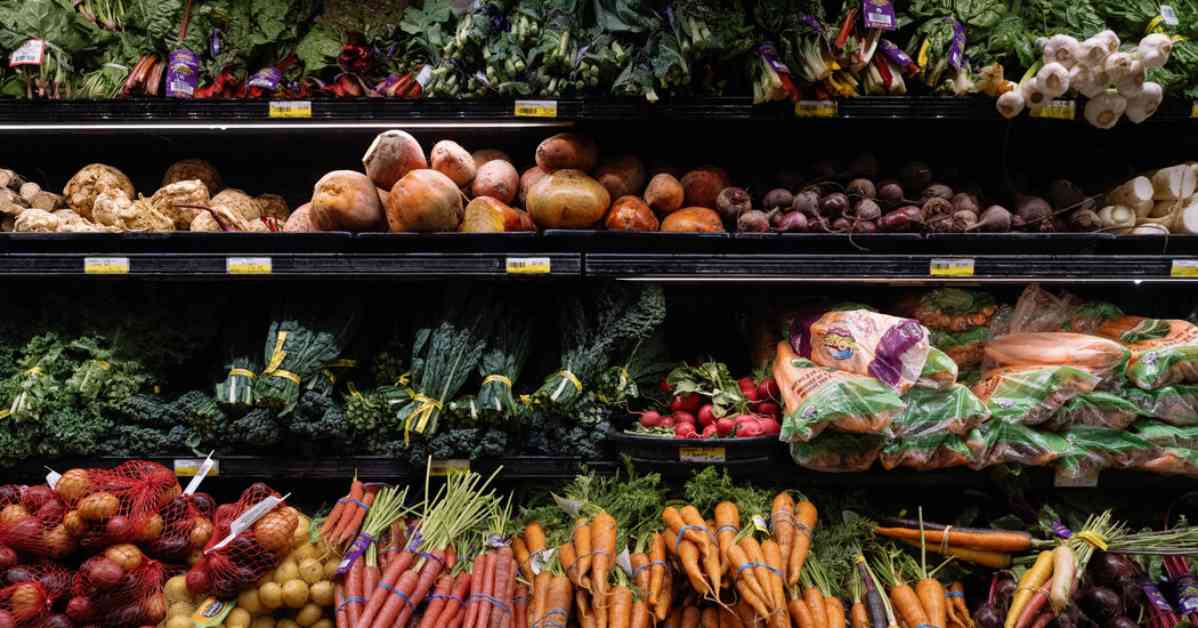**Analyzing Harris’s Plan to Combat Grocery ‘Price Gouging’: Evidence and Implications**
Vice President Kamala Harris has put forth a bold economic agenda for her presidential campaign, focusing on combating corporate price gouging in the grocery industry. This message has resonated with swing voters and progressive groups alike, who see price gouging as a significant factor contributing to rapid inflation. However, the economic landscape surrounding this issue is complex and multifaceted.
Economists have identified several key forces driving up prices in the aftermath of the pandemic-induced recession. These include disruptions in supply chains, changes in consumer behavior, and increased demand spurred by government stimulus and low interest rates. While corporate behavior may have played a role in escalating grocery costs, other factors are believed to have had a much larger impact.
The Harris campaign’s proposal to ban corporate price gouging in the grocery sector has raised questions about the evidence supporting this initiative. While the consolidation of the meat industry has been cited as a contributing factor to high grocery prices, specific details on the evidence and implementation of the plan remain unclear.
One of the challenges in addressing price gouging lies in defining what constitutes unfair pricing practices. While some companies have openly admitted to raising prices to boost profits, the term “price gouging” can be subjective and may vary in interpretation among different stakeholders.
**The Impact of Grocery Prices on Inflation and Consumer Sentiment**
The cost of groceries is a significant component of the average American’s household budget. Fluctuations in grocery prices can have a direct impact on consumers’ perceptions of inflation and overall economic well-being. Research has shown that sharp increases in grocery prices can lead to concerns about rising living costs and erode consumer confidence.
As Vice President Harris seeks to address price gouging in the grocery industry, it is essential to consider the broader implications for inflation and consumer sentiment. While controlling excessive price hikes may alleviate short-term economic pressures, a comprehensive approach to addressing underlying economic drivers is necessary to ensure long-term stability.
**Evaluating the Role of Corporate Behavior in Grocery Price Increases**
The debate over the extent to which corporate price gouging contributes to high grocery prices is ongoing. While some argue that companies have exploited market conditions to maximize profits, others point to external factors such as supply chain disruptions and increased demand as primary drivers of price increases.
It is crucial to examine the evidence supporting claims of corporate price gouging in the grocery sector. Transparency in pricing practices, regulatory oversight, and consumer advocacy can all play a role in addressing unfair pricing practices and promoting a more competitive marketplace.
**Challenges and Opportunities in Implementing Price Gouging Regulations**
The proposed ban on corporate price gouging in the grocery industry presents both challenges and opportunities for policymakers. Enforcing regulations to prevent unfair pricing practices requires a comprehensive understanding of market dynamics, consumer behavior, and industry practices.
Implementing effective measures to curb price gouging without stifling competition or innovation is a delicate balance. Collaboration between government agencies, industry stakeholders, and consumer advocacy groups is essential to ensure that regulations are fair, enforceable, and beneficial to all parties involved.
In conclusion, Vice President Kamala Harris’s plan to combat grocery price gouging raises important questions about the role of corporate behavior in driving up prices. While addressing unfair pricing practices is a critical step in promoting economic fairness and consumer protection, a nuanced understanding of market forces and regulatory mechanisms is necessary to achieve sustainable solutions. By fostering transparency, accountability, and competition in the grocery industry, policymakers can work towards a more equitable and resilient economic future.














